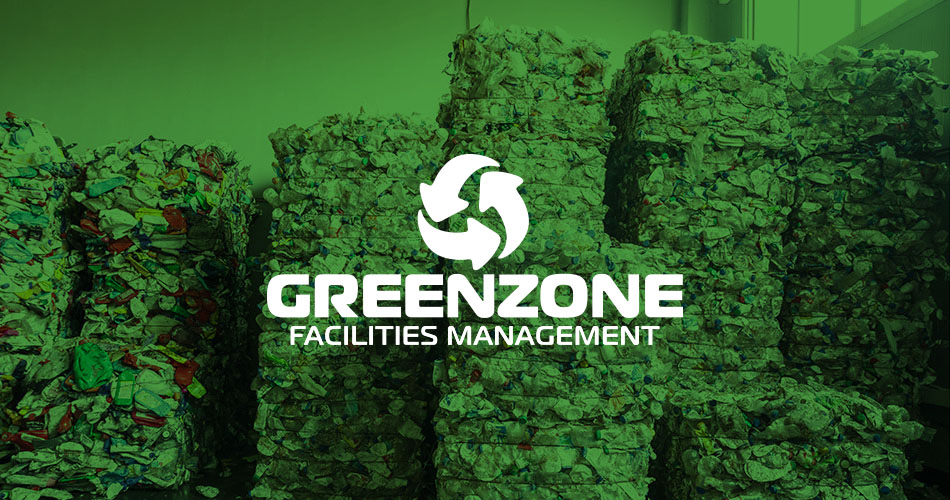The news comes on the heels of a food industry charge to reduce plastic in packaging, and straws in particular, by Chipotle, Subway, and Burger King, too. Starbucks itself just announced a new lid to replace straws in many drinks as part of a 2020 initiative to ban straws altogether. Together, McDonald’s and Starbucks distribute a combined 4% of the world’s 600 billion cups annually, and represent two of the top three most popular food chains worldwide. Each company’s cups are technically recyclable, but, for all sorts of practical matters related to recycling infrastructure, they rarely are.
McDonald’s and Starbucks plan to leverage their combined scale to change the way all single-use cups are made and disposed of. It’s a plan of unprecedented scale in the fast-food industry to improve its ecological footprint. “We’ve been at this for a while [alone], but we were getting tired of incrementality,” says Colleen Chapman, vice president of Starbucks’s global social impact overseeing sustainability.
The initiative is called the NextGen Cup Challenge, and it invites entrepreneurs, large and small, to develop materials and designs that can replace today’s cups. The challenge will provide grants to good ideas, and help startups work together to combine them into market-ready solutions. It was launched by Starbucks earlier this year with the earth-friendly innovation and investment firm Closed Loop Partners. Now, McDonald’s is joining the initiative.
UNLIKELY ALLIES
For all the global good at stake, it may seem strange that two mega competitors are teaming up to co-develop and co-fund a better cup, rather than keeping that sort of innovation proprietary. McDonald’s says that most chains are making cups out of the same fibers and plastics already. Packaging may provide a competitive advantage, but the materials within the packaging do not. And McDonald’s even insists that the potential financial savings won’t be that significant in the best of circumstances, because the materials aren’t being optimised for cost, but for impact.
“We’re looking at this as a pre-competitive opportunity. Before we would even compete in the normal way we traditionally would compete, this is kind of a step further back in the chain, saying, ‘how can we work together to solve a problem that’s an issue for society, for the environment,” says Marion Gross, the McDonald’s chief supply chain officer for the United States. “There are certain things we’d say that we’re not competitors on. The easiest example would be food safety. In food safety, there’s no competitive advantage. We all have to come with solutions and make sure we’re watching out for the public’s interest. This is something that we see as kind of similar. It’s a societal issue, and there’s a way that we can come together, not as competitors, but as problem solvers. We can use our collective scale to make a difference.”
Orginal Source

